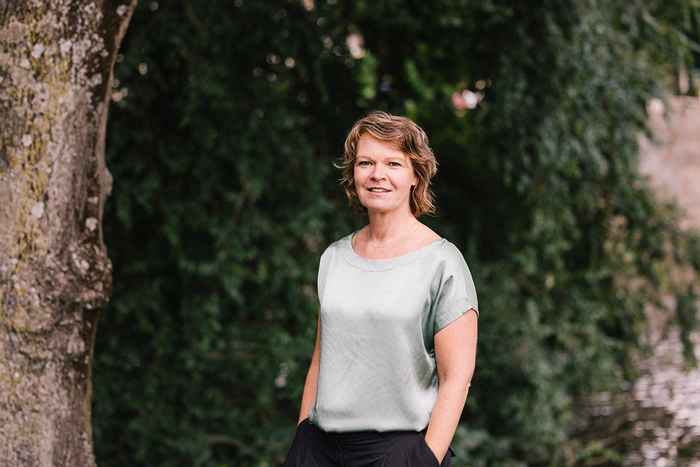Rachel Spronk appointed professor of Anthropology of Sexuality and Gender
20 september 2023

Political and personal dimensions often collide
‘In our society, gender and sexuality play a crucial role in the social and moral order,’ Spronk states. ‘Gender roles are often seen as crucial to the functioning of society, Like family being “the cornerstone of society”. Sexual relationships determine how we fill in the gender and sexual identity of individuals.’ However, gender and sexuality are also incredibly personal aspects of our lives. ‘As such, these political and personal dimensions often collide.’
In her new position, Spronk aims to centre the analysis of gender and sexuality issues around experiences and practices in daily life. ‘Since we are all experts by experience, we all have opinions on this subject, especially with regard to how we see and understand ourselves. What can we learn from the interaction between the personal and the political?’
Studying daily practice
According to Spronk, anthropology offers a way to study the messiness, contradictions and tensions of daily practice. ‘Using the ethnographic research method, we can analyse the dynamics between gender, sexuality and society and study current cultural, political and socio-economic issues.’
Sexual behaviour and erotic practices
The fact that the chair is named Anthropology of Sexuality and Gender, rather than Gender and Sexuality, is very significant to Spronk. ‘If you search Google Scholar, there is a lot of research on sexuality, often in the context of topics such as health, human rights and the influence of social media. There is much less research that observes sexual behaviour and erotic practices – the affective and more sensory aspects of sexuality, so to speak. This chair also aims to create more space for that.'
Decolonising the production of knowledge
Lastly, Spronk hopes to incorporate the experiences of people in the Global South into theory formation. She asserts that how sex, erotic attraction and gender are interconnected in different cultures is not just an interesting anthropological fact but a crucial starting point for understanding and questioning how we currently theorise and explain things.
‘In this way, I hope to reflect on the current feminist analysis and the knowledge on which it is based. Currently, the Global North functions as the baseline for our way of thinking. But, as a result, many frameworks are not suitable for analysing the relationships and experiences of women and men in the Global South. For example, the way repression and personal choices that contradict it go hand in hand, as I learned during my research in Ghana, Kenya and Senegal.’
With this form of ‘theorising from the South’, Spronk hopes to decolonise the production of knowledge and bring about a new perspective in which the Western culture that is predominant in Europe and North America is just one of many.